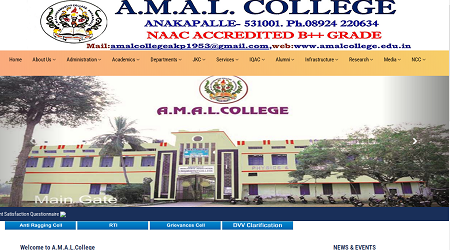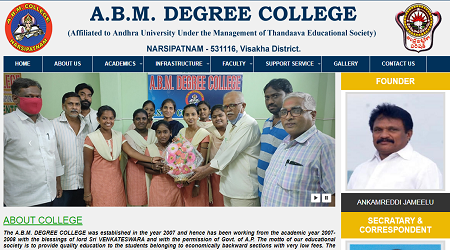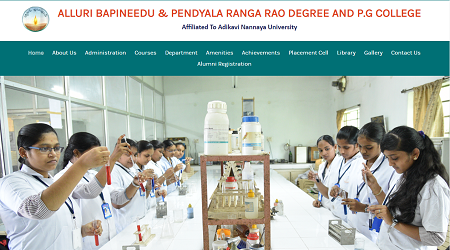parts of a thesis statement
Your master’s or doctoral thesis is the culmination of years of research on a specific topic. Many graduates want to adapt their thesis into an article, a series of articles, a book chapter, or a monograph, which is understandable.
Do you have the authority to do so? What are your thesis’s university rights? Will publishers be interested in a work based on a thesis, especially once the thesis is made public in Summit?
THREE_BUTTON
The Rights that you have
You own the copyright in your thesis from the first draught to the final product as the author. The university Library requires you to sign a Non-Exclusive Copyright License when you submit your thesis. A license is a permission to use something rather than a transfer of ownership of copyright. This license authorizes the Library to upload your thesis to Summit and send a copy to the Library and Archives Theses Portal. This agreement does not grant the university any additional rights to your work; copyright remains your property. Because this license is non-exclusive, you are allowed to enter into arrangements relating to the use of your work with other organizations, individuals, or publishers.

However, even if you have permission to include photos, figures, maps, or other content generated by others in your thesis or were permitted to include them under fair dealing, you may not have the right to reprint them. If you want to use the content in a publication, you’ll probably need to contact the creators or rights holders again.
Your Thesis Development for Publication
Your thesis was prepared for a specific purpose and for a certain audience, so it will almost certainly need to be revised before it can be published. You could turn one chapter into a journal article or a book chapter, or you could turn the entire thing into a book. Any of these scenarios will almost certainly necessitate substantial rewriting and rearrangement of aspects in order to match the argument, content, tone, and length to the venue to which you submit. Check the submission guidelines for the journal or publisher you want to submit to, and use them to guide your edits!
Are Publishers Going to Take Interest in Your Thesis-Based Work?
Many publications will not consider a thesis to be a “previously published work” even after it has been made available in Summit, but will accept an article, chapter, or book based on it if you edit it as needed for the new format and according to the publisher’s criteria. However, the publisher’s decision is final; some may be uninterested in a thesis-based work, while others may need more thorough edits or specific alterations. Before you devote the time to tailor your work to that venue, you should contact the publisher or look at their website to see if they have any regulations or standards particular to republishing theses.

The Beginning Point
If you want to continue vocation on your thesis, thereby redrafting it for a new audience and venue, definitely you must go for it! Begin by thinking about the type of publication you’re interested in and researching their needs and expectations. Then, expect to thoroughly rewrite your work to fit that venue.
Adapting a Thesis
When preparing your thesis for publishing, keep in mind the shift in audience: your work may have attracted a small audience as a thesis, but once published; it should attract a much broader audience. What changes will you make to your thesis to accomplish this?
You’ll also have to decide if your thesis should be published as a monograph or as a series of essays. Keep in mind what your supervisors and examiners have told you.
Consider how your choices may affect your capacity to find work. When applying for jobs, three or four strong publications in refereed journals may be preferable to waiting several years for a monograph to be published.
You should also think about how you’ll balance your publication obligations with the inevitable post-doctoral hurdles of finding a job, teaching, and expanding your research interests.
Making a Choice of a Publisher
There are various sorts of publishers, the most prevalent of which are university presses and commercial presses. Some will compensate you, while others will need you to provide a publication subsidy. It’s critical to obtain a clear knowledge of the many types of publishers in your profession, as well as the types of work they publish and their various strengths. Consider how your work might complement their existing series.
Consider whether you want to market your book to a broad audience, a trade audience, or a specialist academic audience. The commissioning editor or editorial board will usually decide whether or not your thesis will be published. This judgment will be based on intellectual coherence, cutting-edge research, and whether or not the book is commercially viable.
Inscription of a Book Proposal
Getting the book proposal properly is a crucial stage in the process of publishing your thesis. Make sure you read the guidelines provided by the publishers. Be succinct and to-the-point to catch their attention. Proofread your work thoroughly, and do not simply copy and paste an abstract from your thesis. There are four main criteria to think about:
- Rigour: Is it a work piece that is scholarly?
- Significance: Does it communicate to a Wider Audience?
- Originality: Is something brand-new being done by you?
- Marketability: Does the book have commercial viability?
Your goal is to persuade them that your book is necessary reading for professionals in your sector.

Rewards, Royalties and Subsidies
Whether you are paid or have paid to be published should have no bearing on how your work is perceived: what matters is the opinion of your peers.
THREE_BUTTON
Because most large presses do not charge and have well-established peer review procedures of their own, work produced by these large publishers is generally of higher quality. A contract with royalties is the ultimate prize, but don’t anticipate much unless your first book is a trade book with a large audience. Consider whether your publisher is tying you down for your future book, which could be a good or bad thing.
Read More
Latest News & Updates
- How to Choose the Right Coaching Center for Entrance Exams
- Career Opportunities After Completing a Degree in Chemistry
- Top Colleges for Film Studies in India: Admission Guide
- Best Career Options After Completing MBA
- Top Institutes for Data Science Courses in India
- Top Colleges for Hotel Management in India: Admission Guide
- How to Choose the Right Specialization in Engineering
- Career Opportunities After Completing a Degree in Social Work
- Top colleges for Fine Arts in India: Admission Criteria
- How to Apply for a Government Job After Graduation
Top Courses
- DOCTOR OF PHILOSOPHY IN DANCE
- BACHELOR OF SCIENCE IN HOTEL MANAGEMENT & CATERING TECHNOLOGY
- BACHELOR OF SCIENCE IN ANAESTHESIA TECHNOLOGY
- BACHELOR OF ARTS IN AIRLINES, TOURISM AND HOSPITALITY MANAGEMENT
- BACHELOR OF ARTS HONOURS IN PUBLIC ADMINISTRATION
- MASTER OF BUSINESS ADMINISTRATION IN SUPPLY CHAIN MANAGEMENT
- Maximum Permissible Exposure
- Bachelor of Arts
- BACHELOR OF SCIENCE IN AGRICULTURE BUSINESS MANAGEMENT
- BACHELOR OF ARTS HONOURS IN VISUAL COMMUNICATION



















